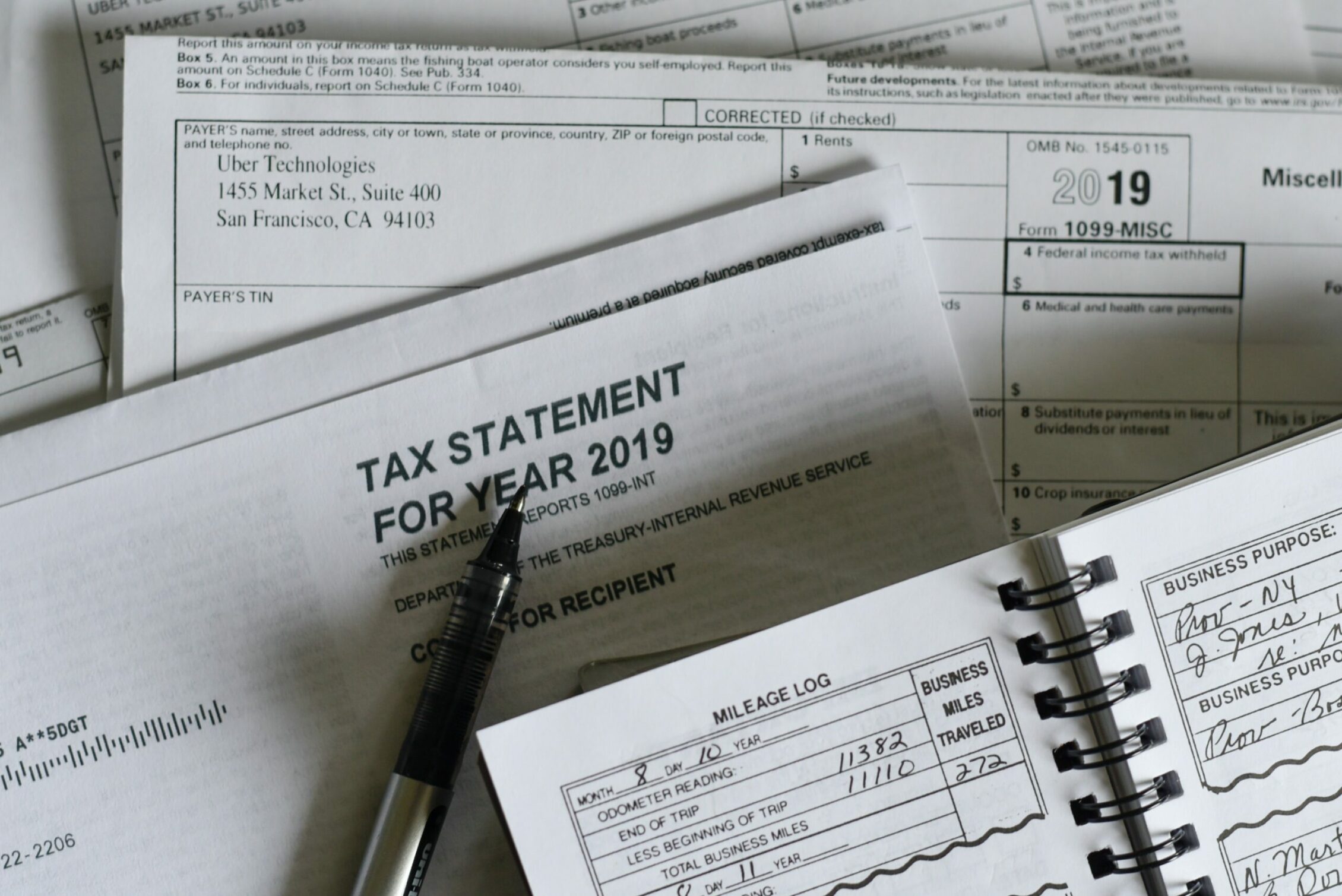
Do You Understand the Three Basic Types of Taxes?
Do You Understand the Three Basic Types of Taxes?
Few things are as certain in life as death and taxes. For the former, the big question is “When?” For the latter, the issues are “How much?” and perhaps, “Where are they going?”
Broadly speaking, economic contributors in the United States pay three different types of taxes (newest to oldest): sales tax, income tax and property tax.
Sales Tax: The Tax Paid for Goods and Services
The tax that most people are accustomed to paying is their state or local sales tax, which is applied immediately at the point of purchase when buying goods or services. West Virginia enacted the first sales tax in 1921, and today most states have sales taxes that vary from 5.5 to 9.5%.[1] (Essential items, such as food and groceries, usually are exempt from sales tax.) Money collected from sales tax typically funds local schools, transportation, infrastructure, healthcare and more.
In addition to paying standard sales taxes, consumers who choose to purchase items known to have negative health impacts–think cigarettes and alcohol–must pay an excise tax. (Some states have a gas tax supposedly to compensate for environmental pollution caused by driving.)[2]
Many economists refer to sales tax as “regressive”, because lower-income earners pay a higher percentage of their income in the form of sales tax. According to AccurateTax.com, the top 1% of earners pay just 5.4% of their salary in sales tax, while the lowest bracket pays 10.9%.[3] Ostensibly, this is why “progressive” states like Oregon have no sales tax but impose high income tax rates.
Income Taxes: The Tax Paid for Earnings
Most workers are familiar with income taxes, which are paid on wages and profits earned. Income tax rates are leveled into graduated earnings brackets. The greater the employee’s earnings, the higher the tax rate they pay.[4] According to policy analyst Adam Michel, “[B]y almost every measure, the U.S. has one of the most progressive systems of taxation in the world, in which high-income people pay the highest tax rates.”[5] Indeed, the top 5% of income earners pay 60% of all income taxes. Conversely, the bottom half of income earners in the U.S. pay only 3% of all income taxes.[6]
Federal funds collected via income taxes are distributed to a range of government projects from national defense to social and education programs. [7] Similarly, a state’s income tax, which can have a flat or progressive rate, is channeled toward schools, roadways, public health, and social services.[8]
What about social security and Medicare? The government collects payroll taxes on employees’ wages to cover the costs of these programs. Employers are required to match the amounts deducted from employee paychecks. [9]
Also falling under the income tax umbrella is capital-gains tax, which a person pays on profits gained from selling an asset, home, car, stocks, and more. Once considered constitutionally suspect, capital-gains taxes today loom over taxpayers’ decisions of whether, and when, to buy and sell assets. Real estate owners considering selling their properties do have a few tax strategies at their disposal for deferring capital gains tax.[10] However, the White House is pushing to limit or eliminate well-established tax policies such as 1031 exchanges and stepped-up cost basis at death.[11]
Property Tax: The Tax Paid for Home Ownership
Lastly, homeowners are well acquainted with paying state and local property taxes that fund parks, roads, public safety, schools, and police, emergency, and fire services. Property tax rates can vary widely from state to state and county to county and are loosely associated with a home’s fair market value. Unlike sales and income taxes, homeowners receive a property tax bill from a government office. Sometimes, property taxes can be remitted with mortgage payments.[12]
After the property tax revolt in the late 1970s that started with California’s Proposition 13, many local taxing authorities found that increasing taxes and assessments on investment properties was more politically palatable than raising taxes on voters’ homes. As a result, rental properties today bear a disproportionate share of property taxes compared to single-family, owner-occupied residences.[13]
Pay Attention
Few (do you know any?) people get excited about paying their taxes, but because every dollar you pay in taxes affects how much of your income you get to keep, save, and spend, it pays to remain vigilant. Federal income taxes are important, but they represent just one facet of your overall tax burden. State and local lawmakers may have a greater impact on your life than your congressperson. And understanding taxes could affect your decisions ranging from where to buy real estate, where to live, and how you vote.
For more information about tax-advantaged real estate investments, please call 1031 Capital Solutions at 1-800-445-5908 or visit our website, 1031capitalsolutions.com.
_____________________
This is for informational purposes only, does not constitute as investment advice, and is not legal or tax advice. Because investors situations and objectives vary this information is not intended to indicate suitability for any particular investor. Please consult the appropriate professional regarding your individual circumstance.
The data contained in this material was obtained from third-party sources believed to be reliable; however 1031 Capital Solutions, CIS, and CAM do not guarantee the accuracy of the information.
Securities offered through Concorde Investment Services, LLC (CIS), member FINRA/SIPC. Advisory services offered through Concorde Asset Management, LLC (CAM), an SEC-registered investment adviser. 1031 Capital Solutions is independent of CIS and CAM.
[1] https://www.investopedia.com/articles/tax/10/history-taxes.asp
[2] taxfoundation.org, State and Local Sales Tax Rates, 2021 January 6, 2021
[3] https://www.accuratetax.com/blog/regressive-sales-tax-infographic/
[4] taxfoundation.org, Individual Income Tax
[5] https://www.heritage.org/taxes/commentary/1-chart-how-much-the-rich-pay-taxes
[6] Ibid, using 2018 IRS data
[7] IRS.gov, Module 1: Payroll Taxes and Federal Income Tax Withholding,
[8] cbpp.org, Policy Basics: Where Do Our State Tax Dollars Go? July 25, 2020
[9] taxfoundation.org, What Are Payroll Taxes and Who Pays Them? July 25, 2016
[10] investopedia.com, Capital Gains Tax 101, March 28, 2022
[11] http://www.whitehouse.gov/wp-content/uploads/2021/05/budget_fy22.pdf
[12] rate.com, Where do my property taxes go? Feb. 8, 2022
[13] http://www.jchs.harvard.edu/sites/default/files/w05-2.pdf
continue reading
Related Posts
When the Federal Reserve (the Fed) adjusts its target interest […]
1031 Industry Veterans Launch Proprietary Software for Rental Housing Providers […]
When it comes to building and preserving generational wealth through […]











